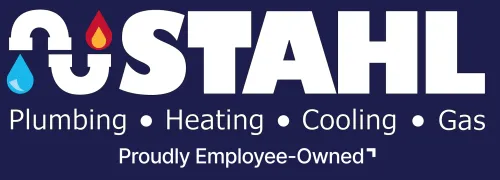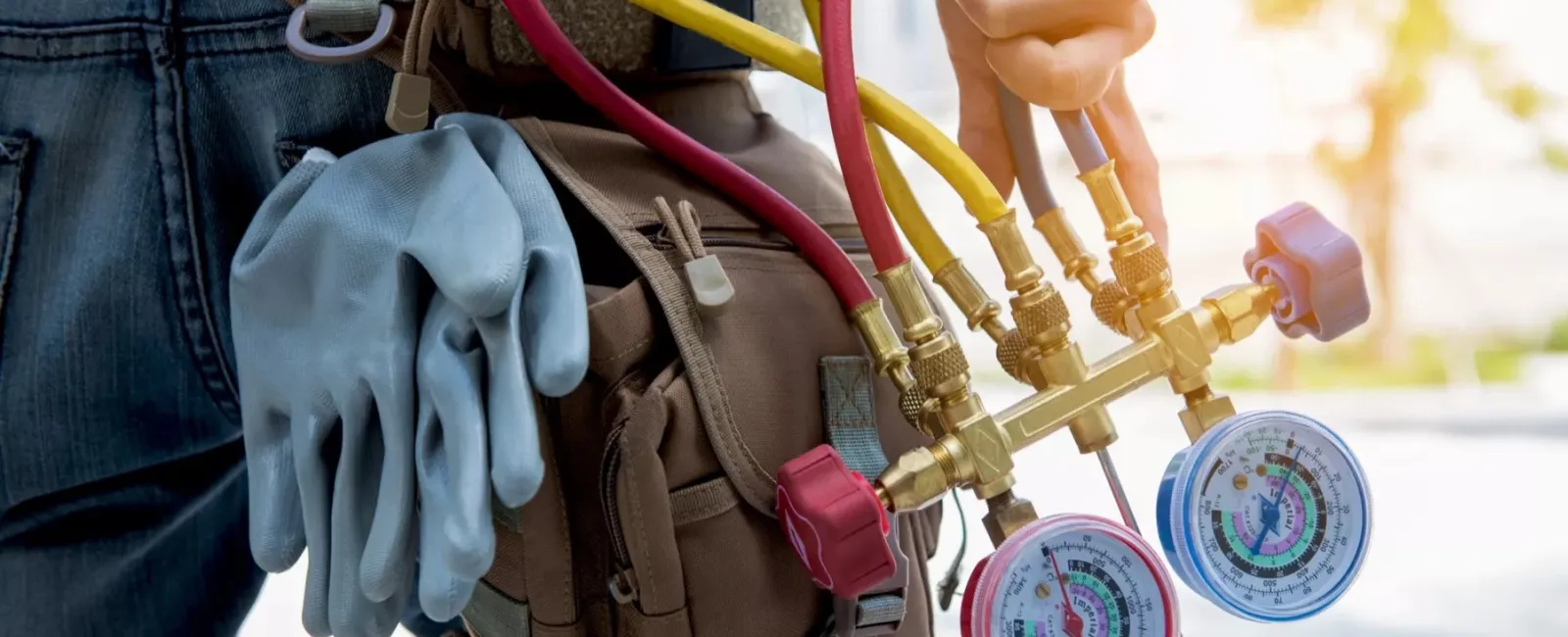Whether you're upgrading, downsizing or are a first-time buyer entering the market, there are countless parts of the house you'll want to go over in detail. While the home inspection will cover their condition, many buyers neglect the pipes as they're (mostly) hidden and are the last thing on their mind. To help prevent or at least prepare for costly repairs down the line, here are three questions you should ask about the pipes before you buy a home.
What are they made of?
While materials like PEX are becoming more common, you're unlikely to run into them unless it's a brand new house. Typically cast iron, copper, PVC, brass and galvanized steel are the standard, each with their pros and cons. Each material's properties, ranging from cost to pressure rating and temperature conductivity couple with the property's characteristics and determine what's best in a given use case. For example, copper pipes have antimicrobial properties that help prevent bacterial growth, but a homeowner on well-water may find it's too acidic and can be highly corrosive, possibly calling for a total overhaul of the basement plumbing and a switch to CPVC prior to the water reaching the calcite neutralization system.
When were they installed?
Each pipe material has a life expectancy, and knowing both the material and how much time has passed since it was installed or last replaced can tell you a lot about the potential for costly repairs. Any piping material should be good for decades, but if you're buying an older home with its predominantly cast iron pipes still intact there may be trouble on the horizon as their lifespan can be highly variable.
The concern isn't just from the "walls in" as the exterior plumbing can also present major problems. Over time the plumbing leading in and out of the house might have roots growing through and into the line, creating the possibility for a nasty clog. Having a sewer camera inspection can help determine a regular maintenance schedule if necessary.
Are the water pipes insulated?
Insulating pipes is important for just about anyone in the sense that a well insulated hot water line will lose less heat, making the home more energy efficient. But people looking at homes in colder climates need to be aware of the additional concerns with freezing. Finished or h
eated sections of basements seldom pose a risk as the air temperature is sufficient to keep the pipes from freezing, but unheated areas like attics and crawl spaces can create every homeowner's nightmare scenario: freezing and bursting pipes. Even moderate foam insulation is enough for all but the coldest regions, and it's highly inexpensive, making for an easy DIY weekend project.
For any other questions on what to think or ask about when looking at a new home, don't hesitate to call Stahl Plumbing for any residential plumbing issues!

